In our Minnesota workers’ compensation law practice, we regularly see even the most legitimate workers’ compensation claims being denied by workers’ compensation insurance companies. If primary liability is denied on your Minnesota workers’ compensation claim, you should strongly consider consulting with a lawyer who is experienced in the Minnesota work comp law.
If you’ve sustained an on-the-job injury in Minnesota, your employer is required to report your injury to their workers’ compensation insurance company by filing a First Report of Injury form within 10 days of the date they had knowledge of your injury, or 10 days from the date that you reported your injury. If you miss more than three calendar days of work, the insurer is required to file the First Report of Injury form with the Minnesota Department of Labor and Industry.
The workers’ compensation insurance company has up to 14 days from the date your employer had notice of your injury within which to file a Notice of Primary Liability Determination in the event that the insurer is denying primary liability on your claim. In some cases, the insurance company may make initial payments on your case, and then after conducting an “investigation,” retroactively deny primary liability.
A Notice of Primary Liability Determination is the form used by the workers’ compensation insurer to indicate whether they are accepting or denying a work comp claim. If the work comp insurer denies liability for the claim, it requires a statement setting forth “a specific reason for the denial which must be in language easily readable and understandable…and a clear statement of the facts forming the basis for the denial.”
If primary liability is denied on your Minnesota workers’ compensation case, it generally starts the running of a three-year Statute of Limitations. Typically, it is necessary to file a Claim Petition to fight an insurance company’s denial of primary liability on a workers’ compensation case. If you fail to bring a claim within the statute of limitations, you will be forever barred from bringing that claim.
There are a multitude of reasons – legitimate or not – that a workers’ compensation insurer might deny a Minnesota workers’ compensation claim. For example, an insurer may attempt to deny a claim:
- On the basis that the worker’s condition is due to a pre-existing condition – not the work injury
- That the injury happened at home or outside of the workplace, rather than at work
- That the injured worker didn’t notify the employer within the correct timeframe following the injury
- That the injured worker’s condition is “idiopathic” – or of unknown cause
- That the injured worker is not an “employee” within the meaning of the work comp law
- That the employee is an “independent contractor” and not covered under the Minnesota Workers’ Compensation Act
- That the injured workers’ condition is due to a “superseding, intervening cause” – or some sort of incident or condition that occurred after the alleged work injury
- That the employee’s work activities did not cause or contribute to the employee’s injury or condition
Even if an employer and their insurer initially accept primary liability on a Minnesota work comp claim, it is not uncommon for an insurer to “retroactively” deny primary liability, or to deny liability long after initially admitting liability for the injury, and well after paying medical bills or wage loss. This usually occurs following an independent medical examination.
An insurer’s denial of primary liability on a workers’ compensation case is not always justified. In many cases, the basis for the denial is questionable or just plain wrong.
An experienced Minnesota workers’ compensation attorney can help you contest the denial of primary liability on your workers’ compensation case. To ensure your rights are protected and you receive the full settlement you are due, call Meuser Law Office, P.A. at 952-288-4667 or click here for a free, no-obligation case consultation.








